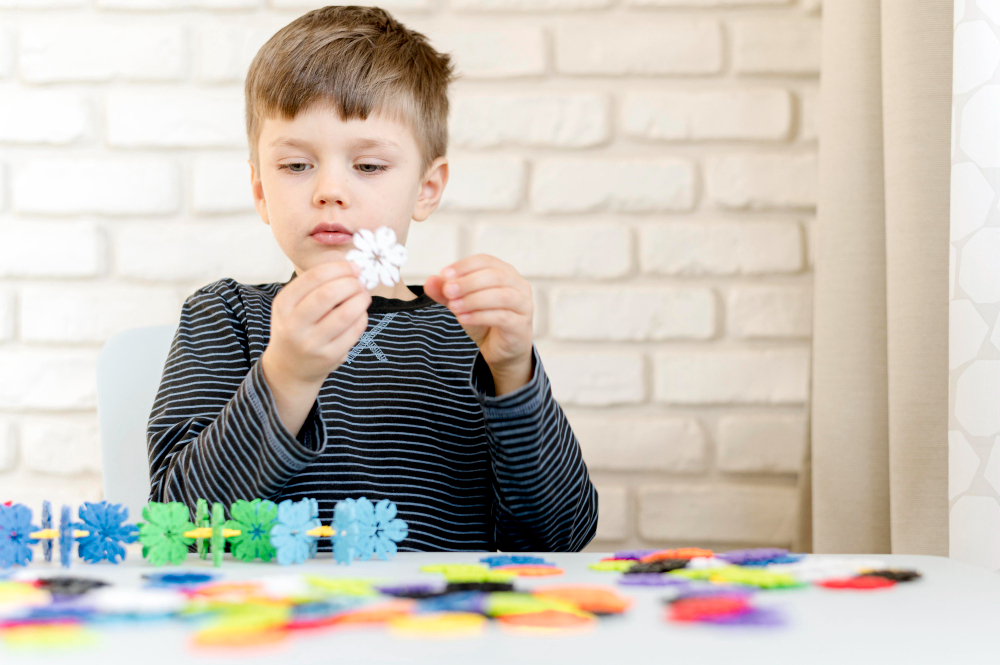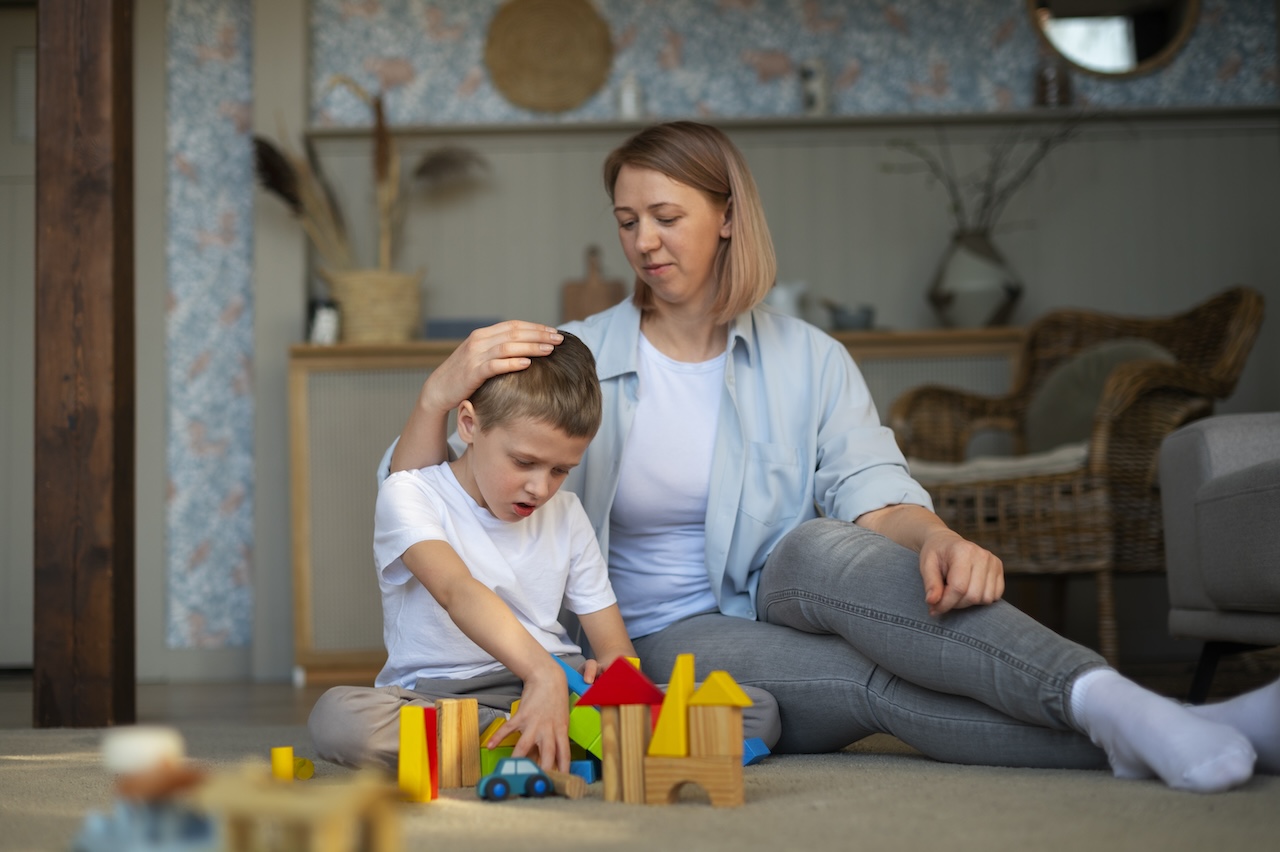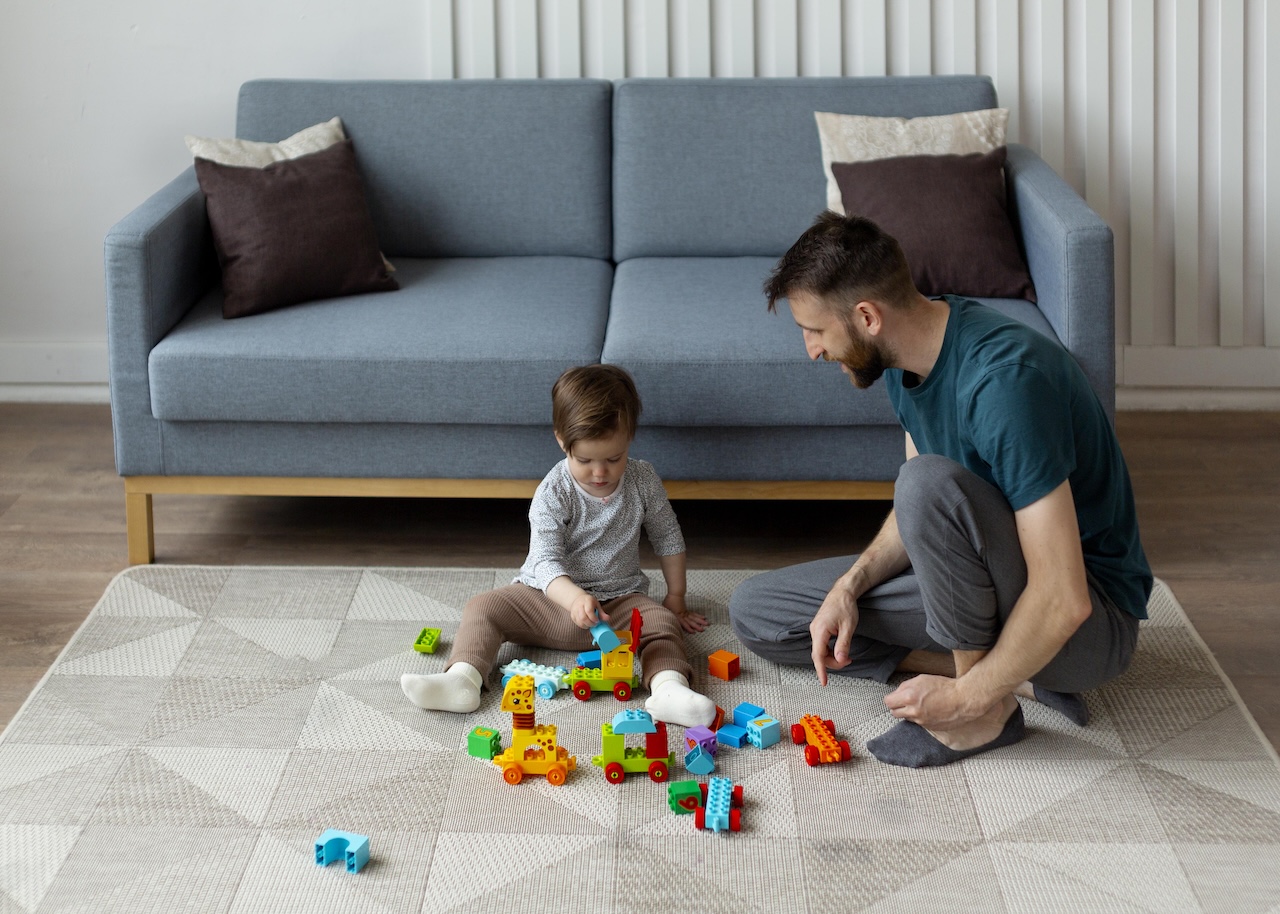Category: Uncategorized
-

Discovering Your Child’s Unique Needs
The Second Post in Our Series on What to Do While Waiting for ABA Therapy After receiving an autism diagnosis for your child, it’s natural to want to take immediate action. While waiting for ABA therapy to begin, one of the most important things you can do is understand your child’s unique needs. Observing their…
-

Embrace Your New Role
You’ve Got a Diagnosis – Embrace Your New Role The First Article in a Series on What to Do While Waiting for ABA Therapy Adjusting to Your Role as a Parent of a Child with Autism Learning your child has autism can bring a wave of emotions—relief at having an explanation, worry about the future,…
-

Handling Aggression
When a young child with autism expresses aggression, it’s often a form of communication rather than simply an act of defiance. For non-verbal children or those with limited verbal skills, physical behaviors like hitting or pushing may emerge as responses to frustration, sensory overload, or a need for attention. It can feel challenging to guide…
-

How to Build Focus in Children
How to Build Focus in Kids with ADHD: Tips for When Energy Levels Are High Supporting kids with ADHD to stay focused, even for a few minutes, can be challenging—especially when they have tons of energy to burn. But don’t worry, there are gentle strategies you can try that help them stay engaged, feel in…
-

Autism-Friendly Sleep Tips
When raising a child with unique needs, parents often face unexpected challenges, especially when it comes to sleep. Sudden changes in sleep patterns are common, and it’s natural to feel a bit overwhelmed. Here, we’ll explore some practical tips that might help ease sleep struggles for children with autism. Understanding Why Sleep Can Be Tough…
-

Challenges of Parenting a Child with Autism and ADHD
The journey of parenting is filled with ups and downs, but for those navigating the complexities of autism and ADHD, the path can often feel particularly daunting. When you receive the news that your child has autism and ADHD, it can leave you feeling lost, overwhelmed, and uncertain about the best way to support them.…
-

Managing Meltdowns Strategies for Parents
Handling meltdowns can be one of the toughest parts of parenting, especially when tried-and-true calming techniques don’t seem to work. For parents of neurodivergent children, maintaining a calm and supportive environment is crucial to helping kids learn self-regulation during these intense moments. Here’s a look at practical, compassionate strategies to help manage meltdowns and support…
-

Verbal Communication
🌟 Verbal Communication: A Key to Your Child’s Development! 🌟 Verbal communication is crucial for your child’s growth. It helps them express their needs, share feelings, and build relationships. However, for children with autism, this can present unique challenges. Here are two cases to illustrate: 1️⃣ Case 1: Some children with autism may develop language…
-

Joint Attention Challenges
🌟 Spotting Joint Attention Challenges in Autism Made Easy Joint attention is when your child shares focus with you or others. This simple skill helps them learn and build connections, which are essential for their development. 🔍 Why is Joint Attention Important? It’s the foundation for learning and social interaction. By focusing with others, your…
-

Sensory Sensitivities
🌟 Let’s talk about Sensory Sensitivities 🌟 Ever wondered why your child might react strongly to certain sounds, lights, or textures? It could be sensory sensitivities! Children with autism often experience heightened sensitivities to sensory stimuli, which can significantly impact their development, education, and social interactions. Sensory sensitivities mean that their senses (sight, hearing, touch,…
